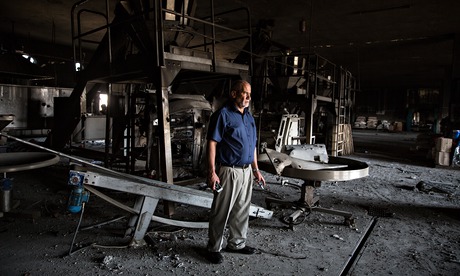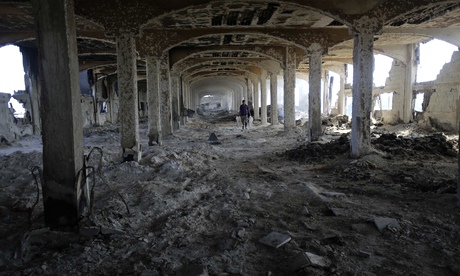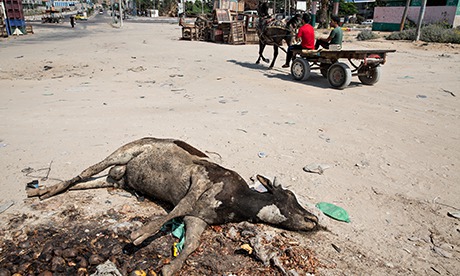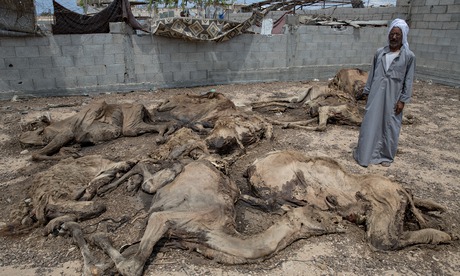Israeli forces arrested nearly 3,000 Palestinian children from the beginning of 2010 to mid-2014, the majority of them between the ages of 12 and 15 years old, Addustour newspaper published a new report saying yesterday.
The Euro-Mid Observer for Human Rights' report documented dozens of video recorded testimonies of children arrested during the first months of 2014, pointing out that 75 per cent of the detained children are subjected to physical torture and 25 per cent faced military trials.
The report revealed details of the children's suffering, starting with the arbitrary arrests which are in violation of the Convention on the Rights of the Child to which Israel ratified in 1991. The report listed a series of violations practiced by Israeli forces against children during the arrest process itself, where the Israeli forces raid the children's homes after midnight as they sleep using actions that terrorise the child and his family, without clear justification or an actual security need.
The Geneva-based watchdog said: "The majority of the detained children were subjected to threats and physical torture including beatings during the investigation. The Israeli authorities responsible for the investigation often use 'isolation' against one in every five detained children, as a means of pressure during the investigations which may extend to 10 days on average and up to 30 days in some cases."
During the "isolation", the report points out, the investigating authorities place the child alone in "narrow cells" and do not allow anyone to meet him, including in some cases his lawyer.
The organisation called on international bodies and human rights organisations to stop Israeli violations against Palestinian children and stressed on the need for Israeli authorities to hold the children's trials in the occupied Palestinian territories to give their families and lawyers the opportunity to meet them and accompany them during the interrogations and to ensure that they are not subjected to torture, and to provide them with fair compensation in case it is demonstrated that their detention was arbitrary.
It called on all parties who have signed the Geneva Convention and related international institutions to "practice the largest possible pressure against Israel, including denying it from financial agreements and aid to immediately stop its human rights violations".
Euro-Mid researcher Sandra Owen said that at least 1,406 Palestinian children have been killed since 2000, including 263 children under the age of eight and 450 children under the age of 15.
Over the past three weeks, the Israeli army raid more than 1,500 Palestinian homes and places of business and arrested more than 600 Palestinians following the apparent disappearance of three settlers in Hebron.
 |
| Arrest warrant for 13 years old Palestinian teenager |



.jpg)











